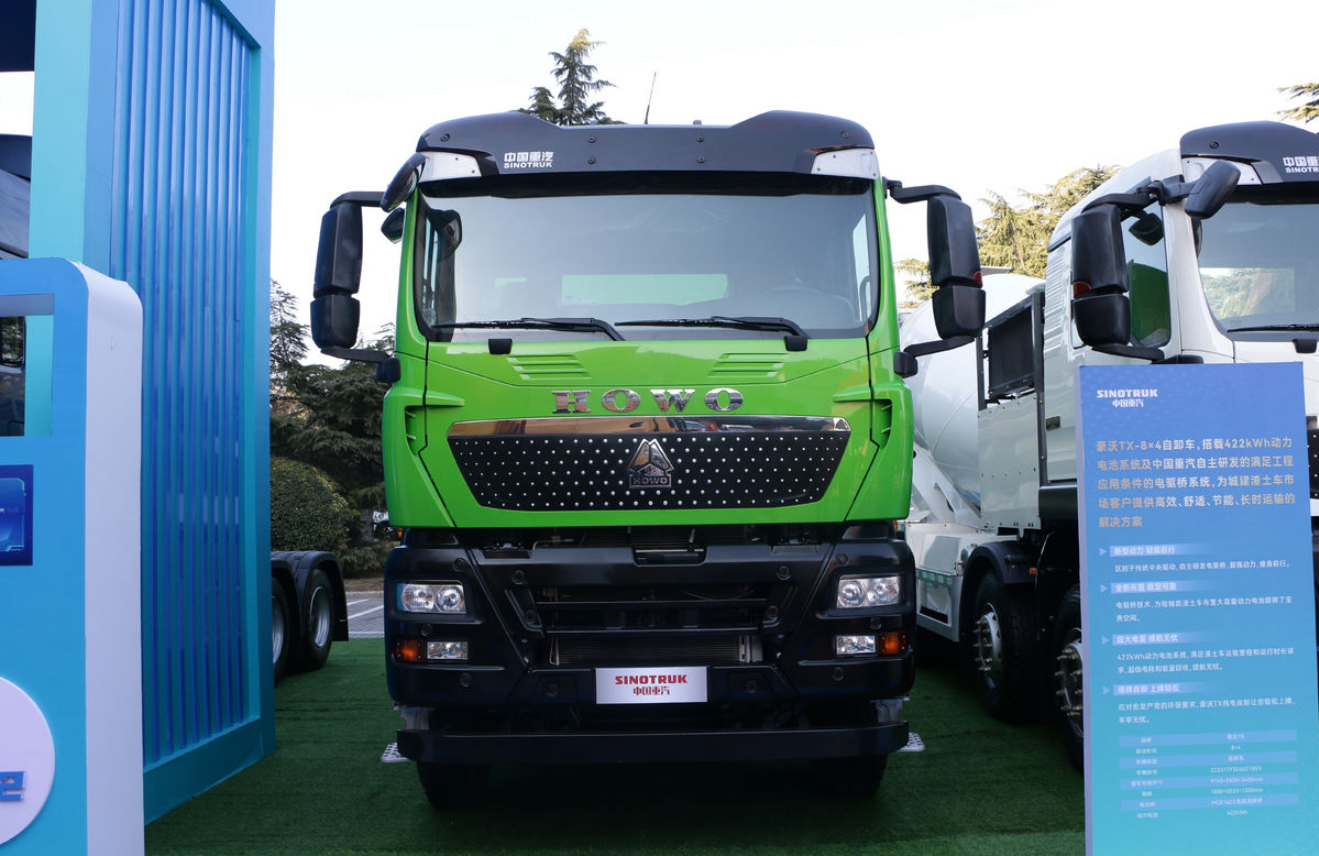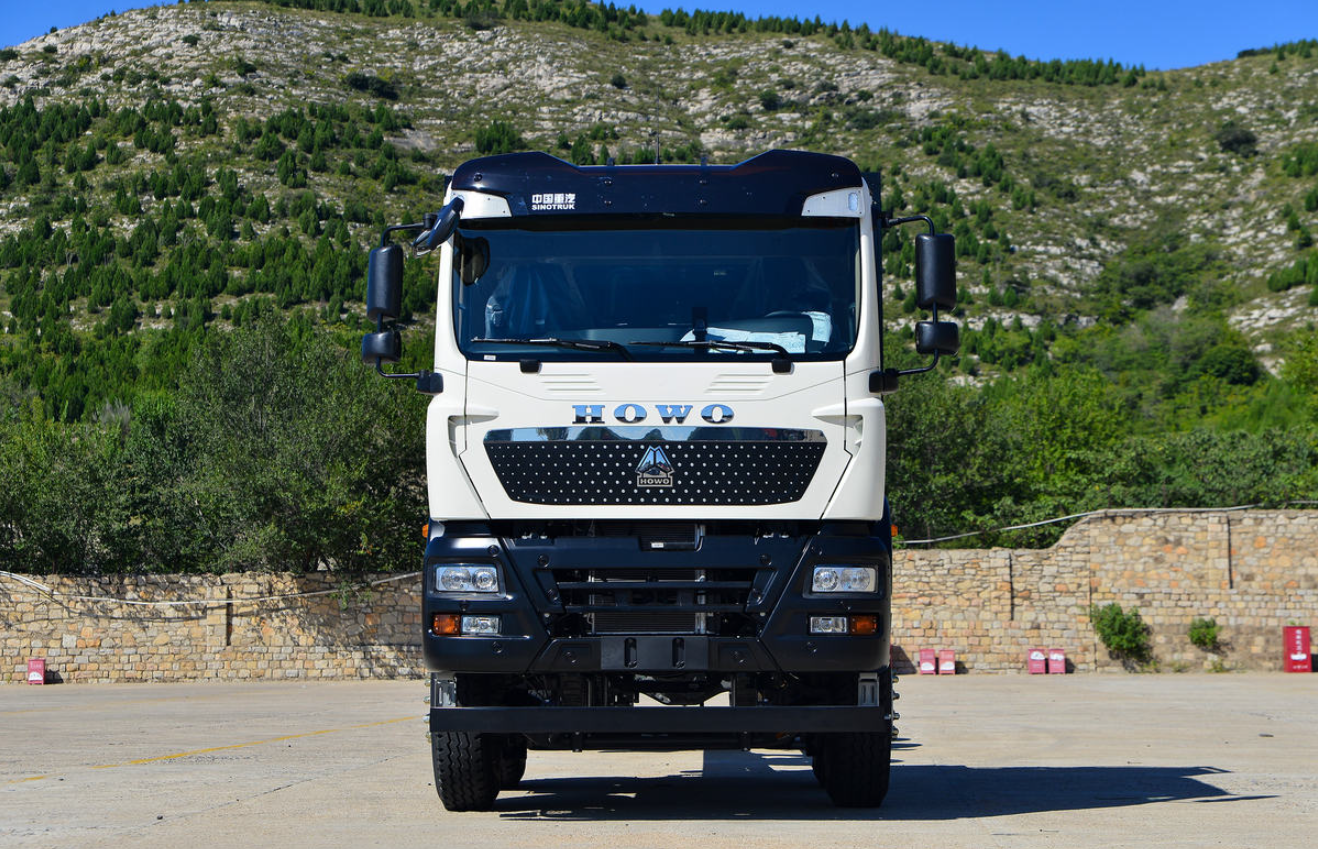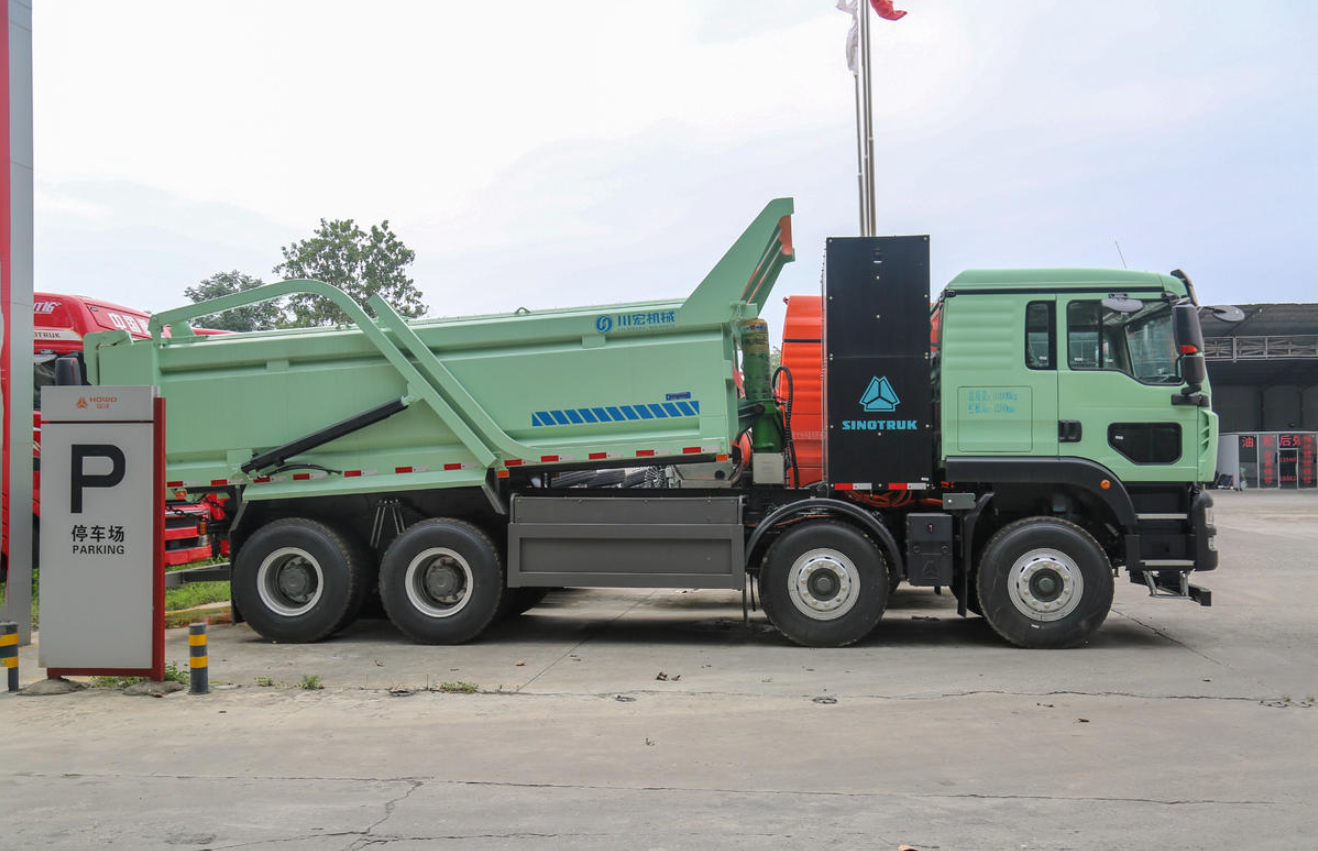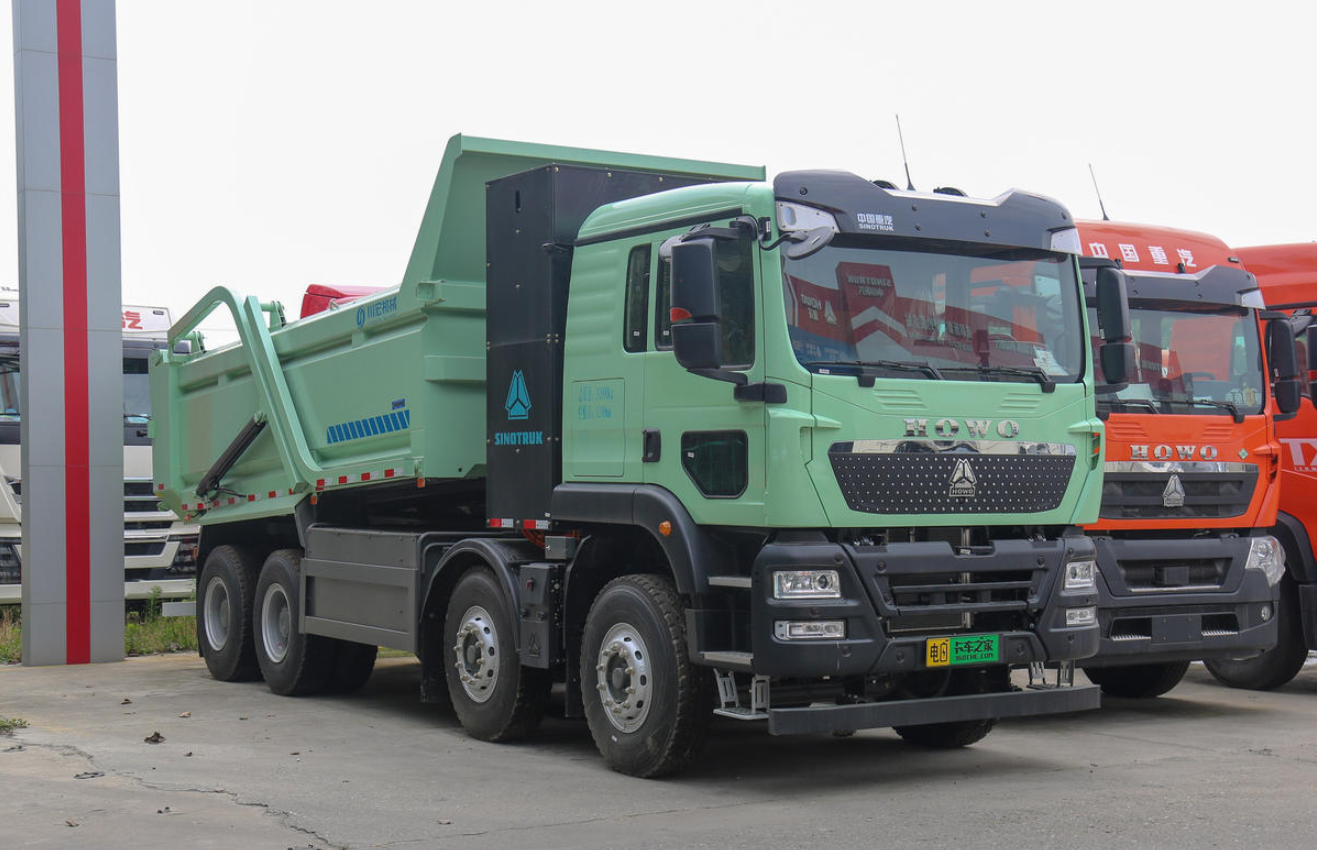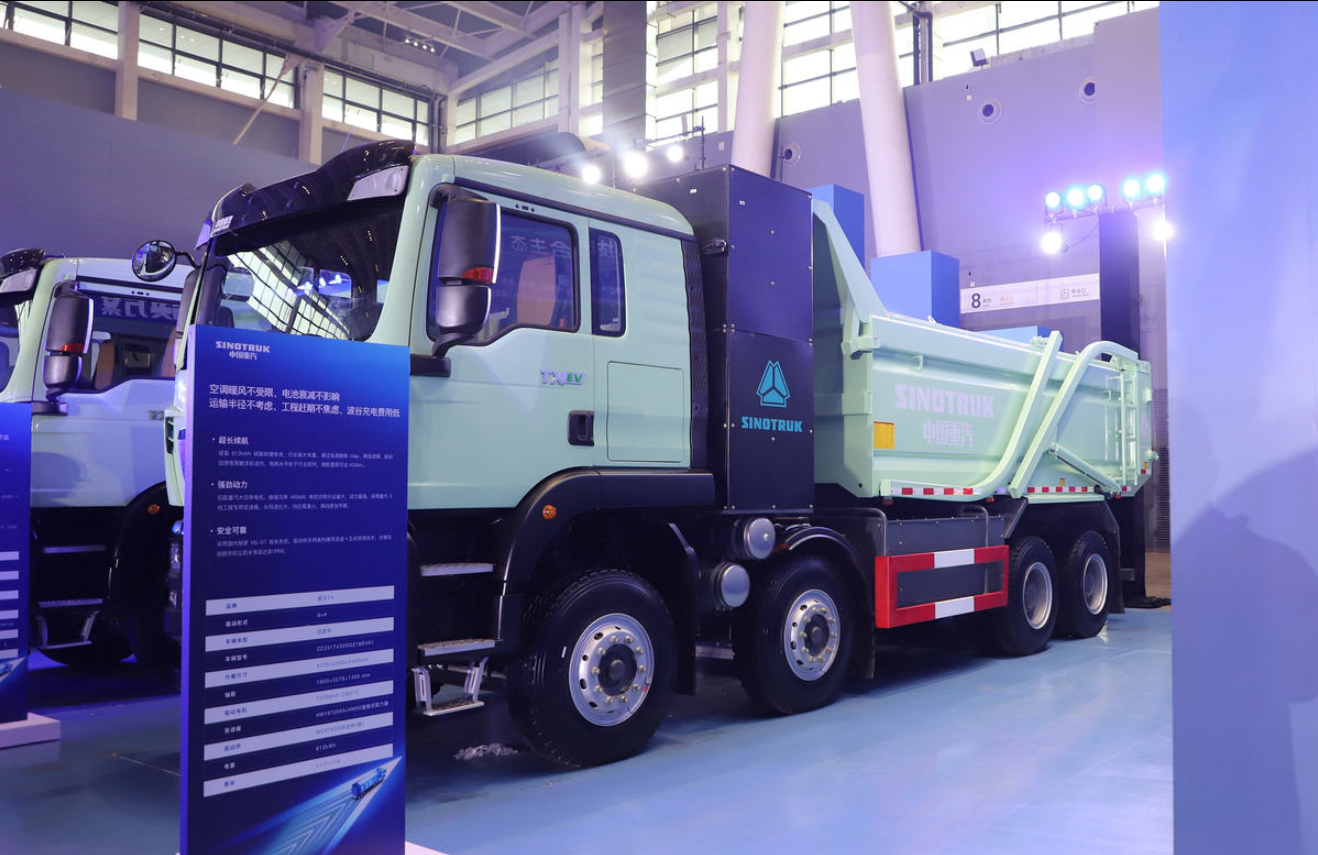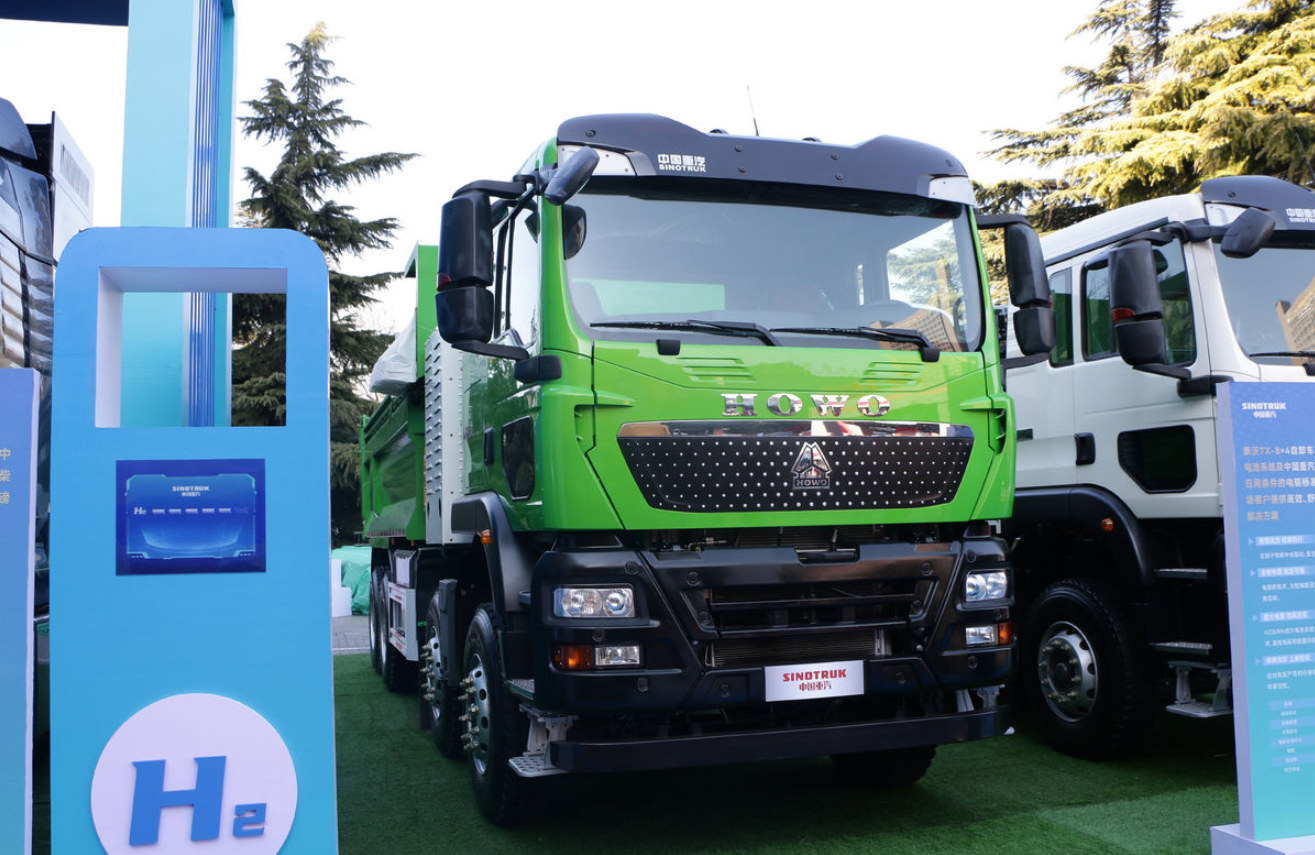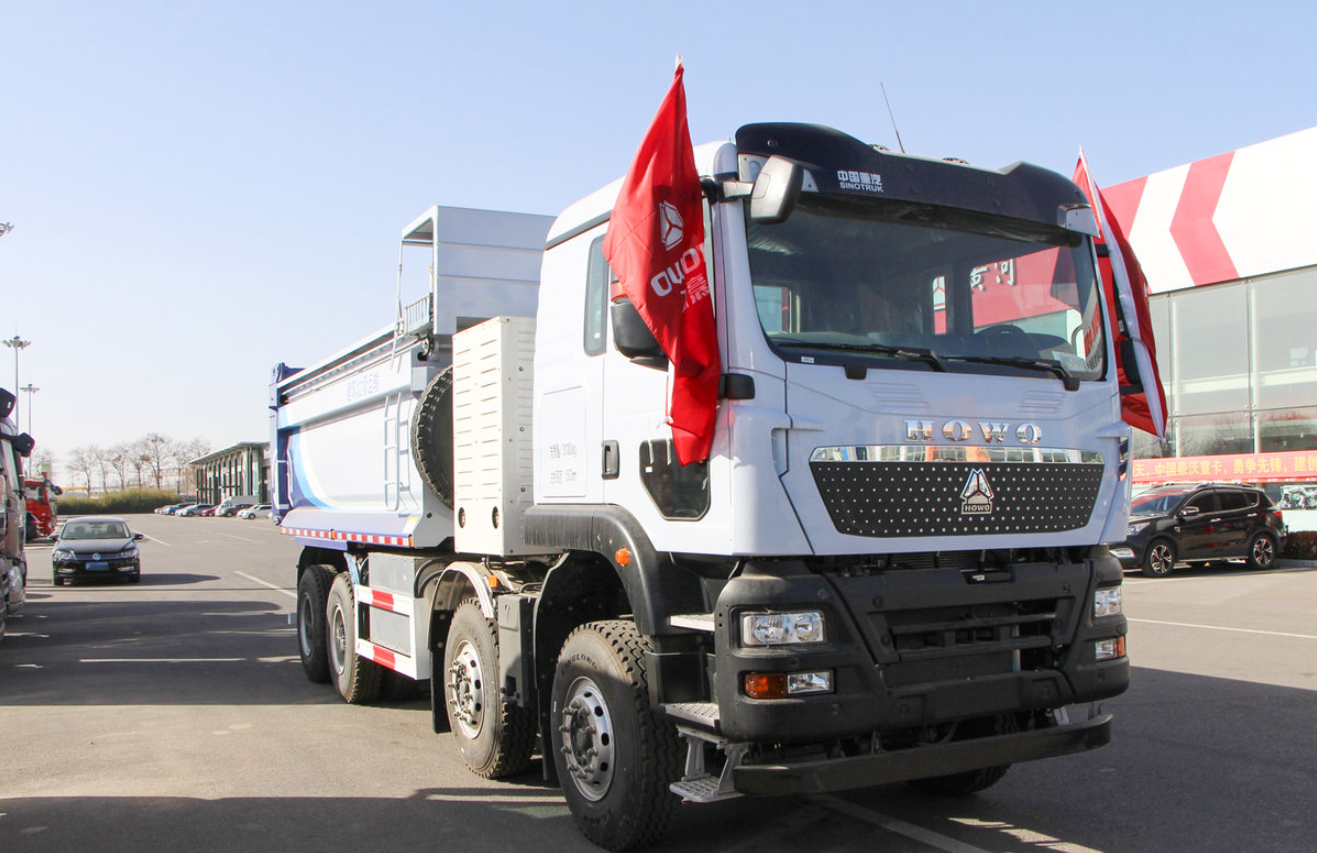Home page > list > news
The Rise of Hybrid Heavy - Trucks in the China Truck Industry: Future or Transition?
In the landscape of the China truck industry, a significant transformation is underway with the advent of hybrid heavy - trucks. As China continues to prioritize environmental protection and energy - saving initiatives, the trucking sector is under pressure to adapt. Hybrid heavy - trucks have emerged as a key solution, but their role remains a topic of debate - are they a transitional option or the future of the industry?
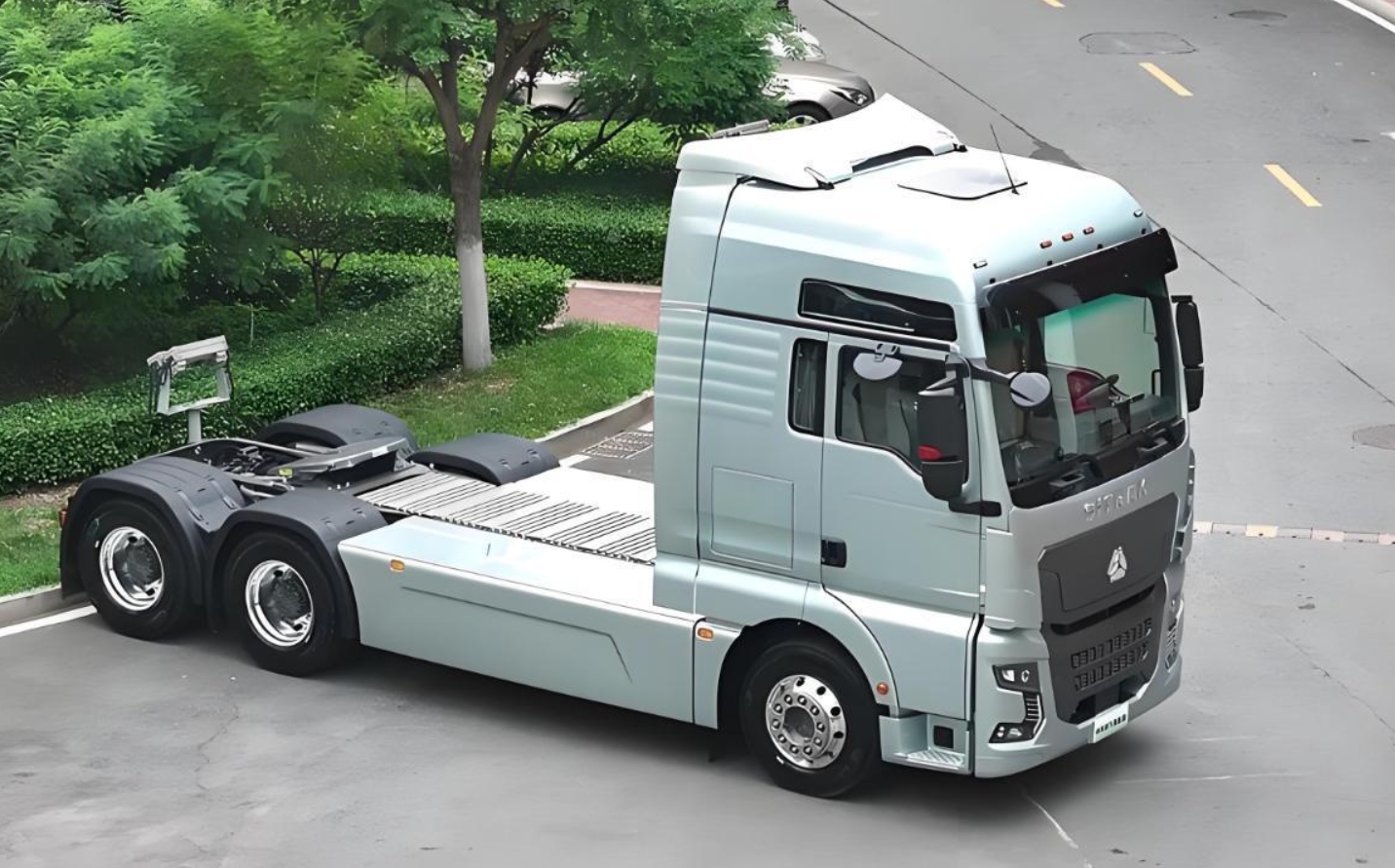
China's truck market is vast and diverse, with a wide range of applications from local distribution to long - distance haulage. In recent years, the government's push for greener transportation has spurred automakers to invest in hybrid technology. Companies like Great Wall are at the forefront, introducing hybrid heavy - trucks that promise both fuel efficiency and performance improvements.
The technology behind hybrid heavy - trucks in China is innovative. They commonly use parallel or series - parallel hybrid systems. For instance, in some models, two high - power drive motors work in tandem with a powerful diesel engine. This combination allows the vehicle to leverage the best of both worlds: the electric motor's instant torque for quick starts and acceleration, and the engine's continuous power for high - speed cruising. This not only enhances the vehicle's performance but also reduces fuel consumption through energy recovery during braking and optimized engine operation.
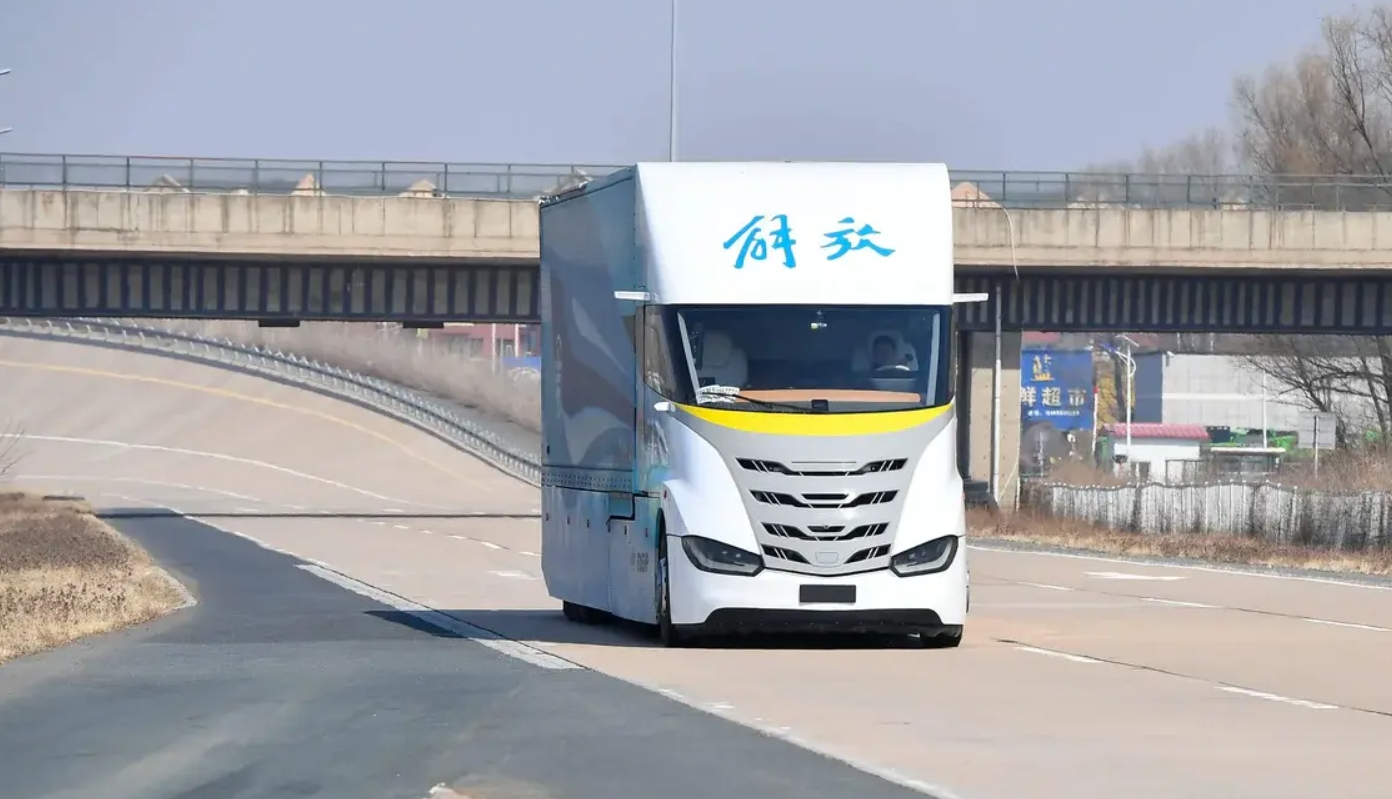
When it comes to working conditions, hybrid heavy - trucks show great potential. In urban areas or regions with frequent traffic stops, they can operate in pure - electric mode, cutting down on emissions and fuel waste during idling. Even in long - distance transportation, contrary to common belief, they can be efficient. Despite concerns about transmission efficiency, real - world driving involves various road conditions. Hybrid heavy - trucks can adapt to these changes by switching between driving modes, ensuring the engine operates in its most fuel - efficient state.
Another advantage of China's hybrid heavy - trucks is the after - sales support. Major automakers understand the importance of a robust after - sales service network. They offer comprehensive warranties, regular maintenance programs, and technical training for their customers. This not only builds trust among truck users but also promotes the wider adoption of hybrid technology.
However, challenges remain. The high - tech nature of hybrid heavy - trucks requires a skilled workforce for maintenance. Ensuring that technicians are well - trained is crucial for the long - term success of these vehicles. Additionally, as the market for hybrid heavy - trucks in China continues to grow, standardization and further cost - reduction will be key to making them more accessible to a broader range of trucking companies.
In conclusion, hybrid heavy - trucks in the China truck industry are more than just a passing trend. They represent a significant step towards a more sustainable and efficient trucking future. While they may serve as a transitionary technology in the short - term, with continuous technological advancements and market development, they are well - positioned to become the norm in China's trucking fleet, contributing to a greener and more competitive industry.
Submit purchase request
If you need vehicle configuration and quotation, please feel free to contact us
Whatsapp:+8615206750120
Email: 15206476328lulu@gmail.com
The vehicle price and configuration reference of Chinese domestic products, you need to consult local dealers for local purchase
- Submit









